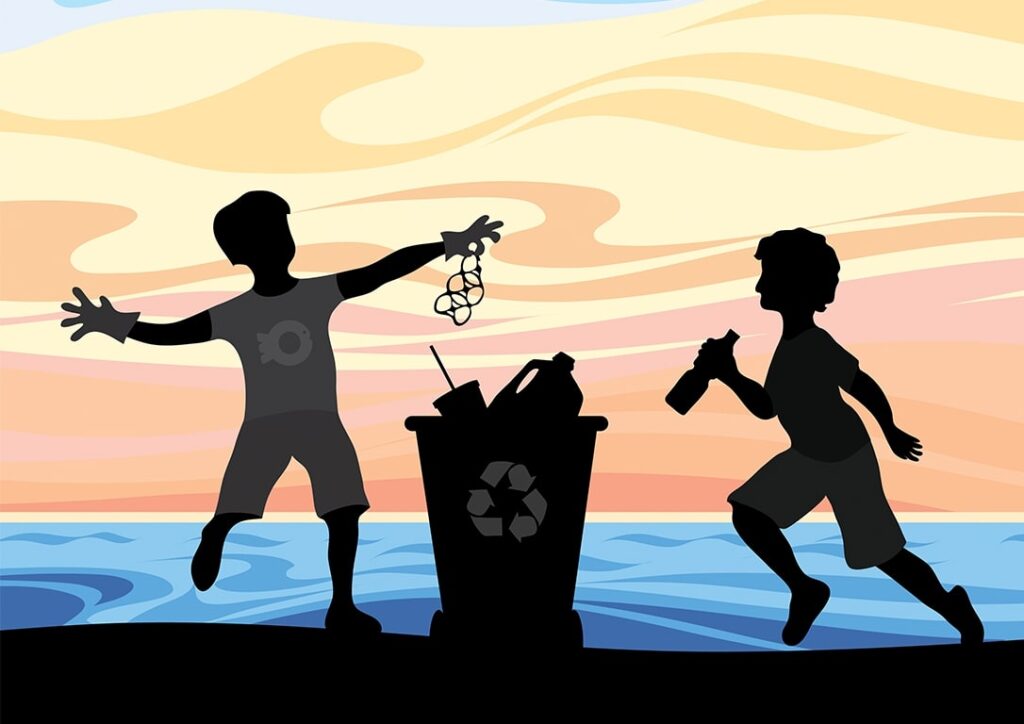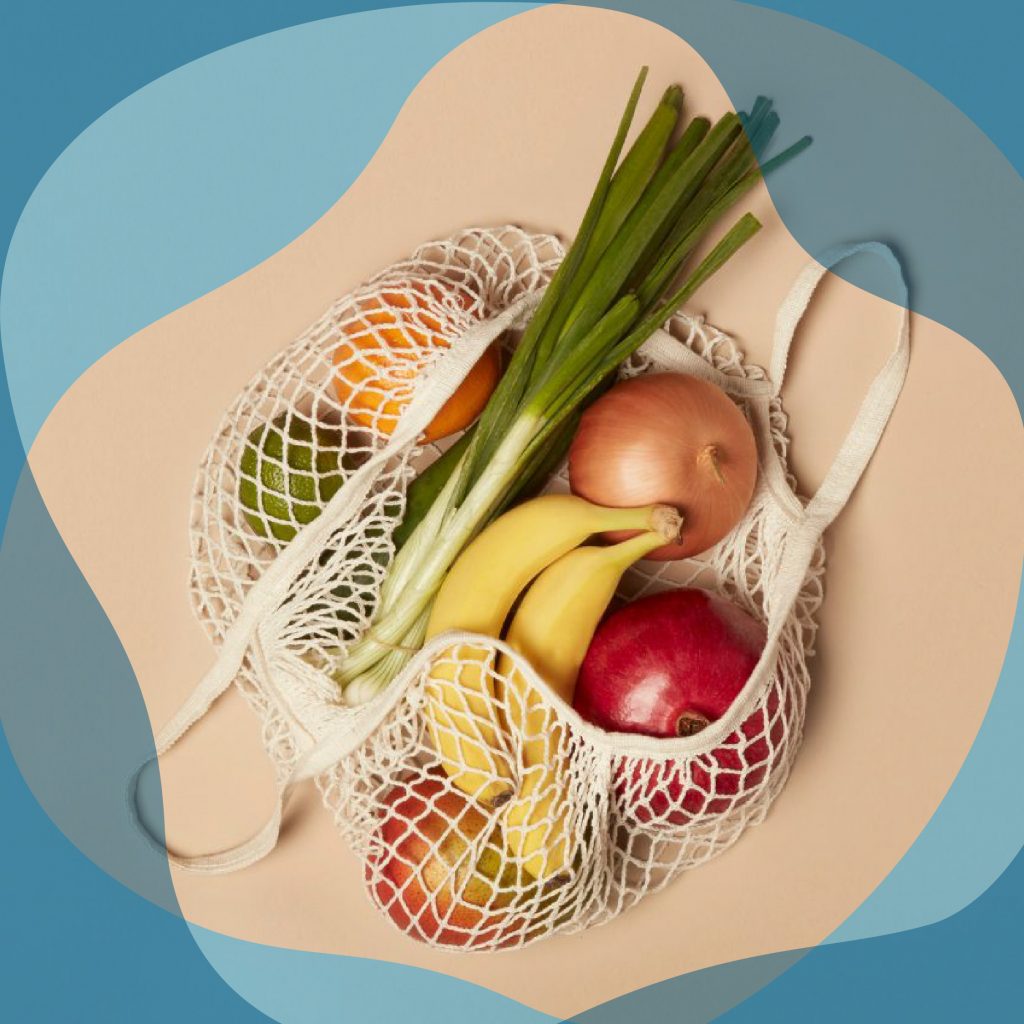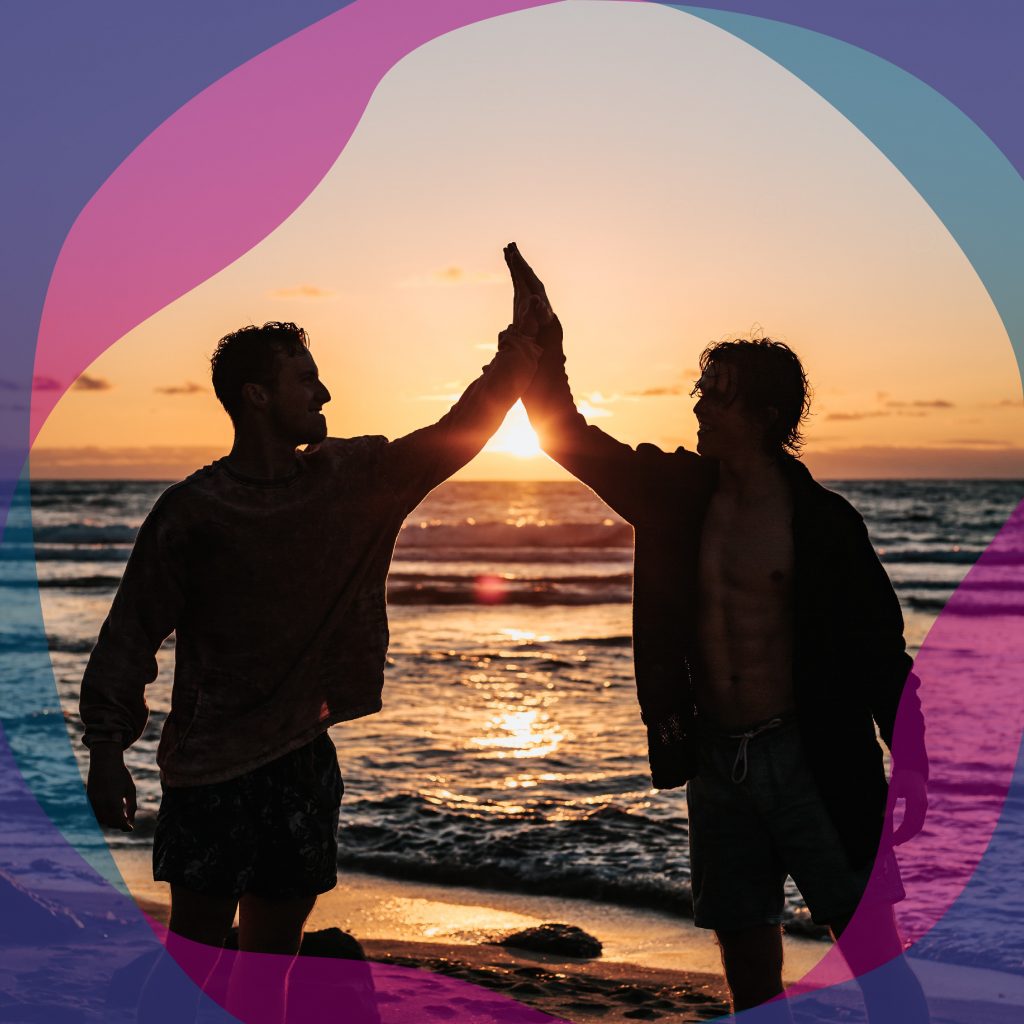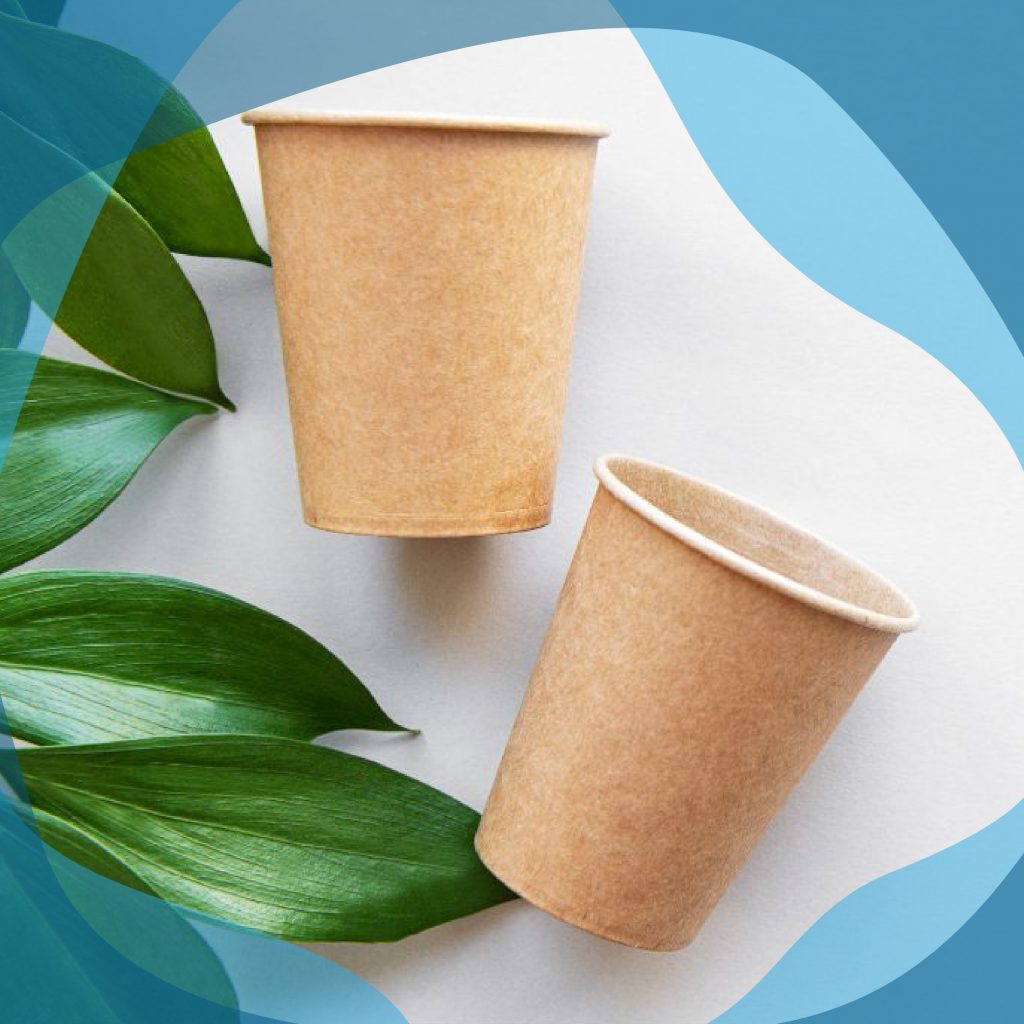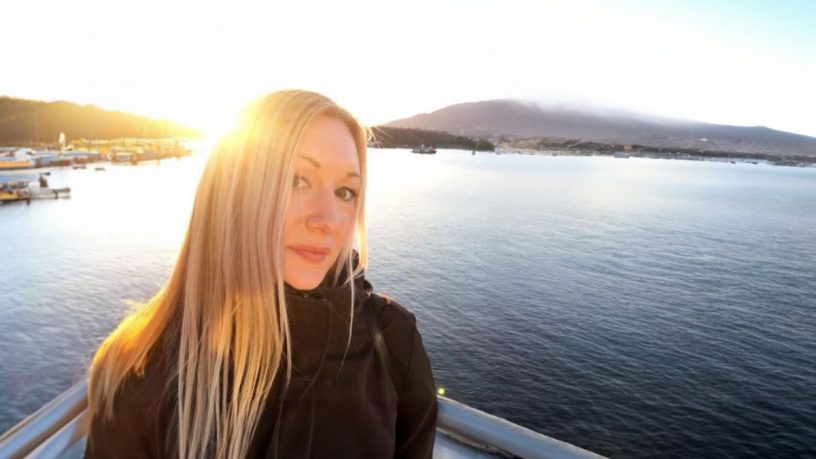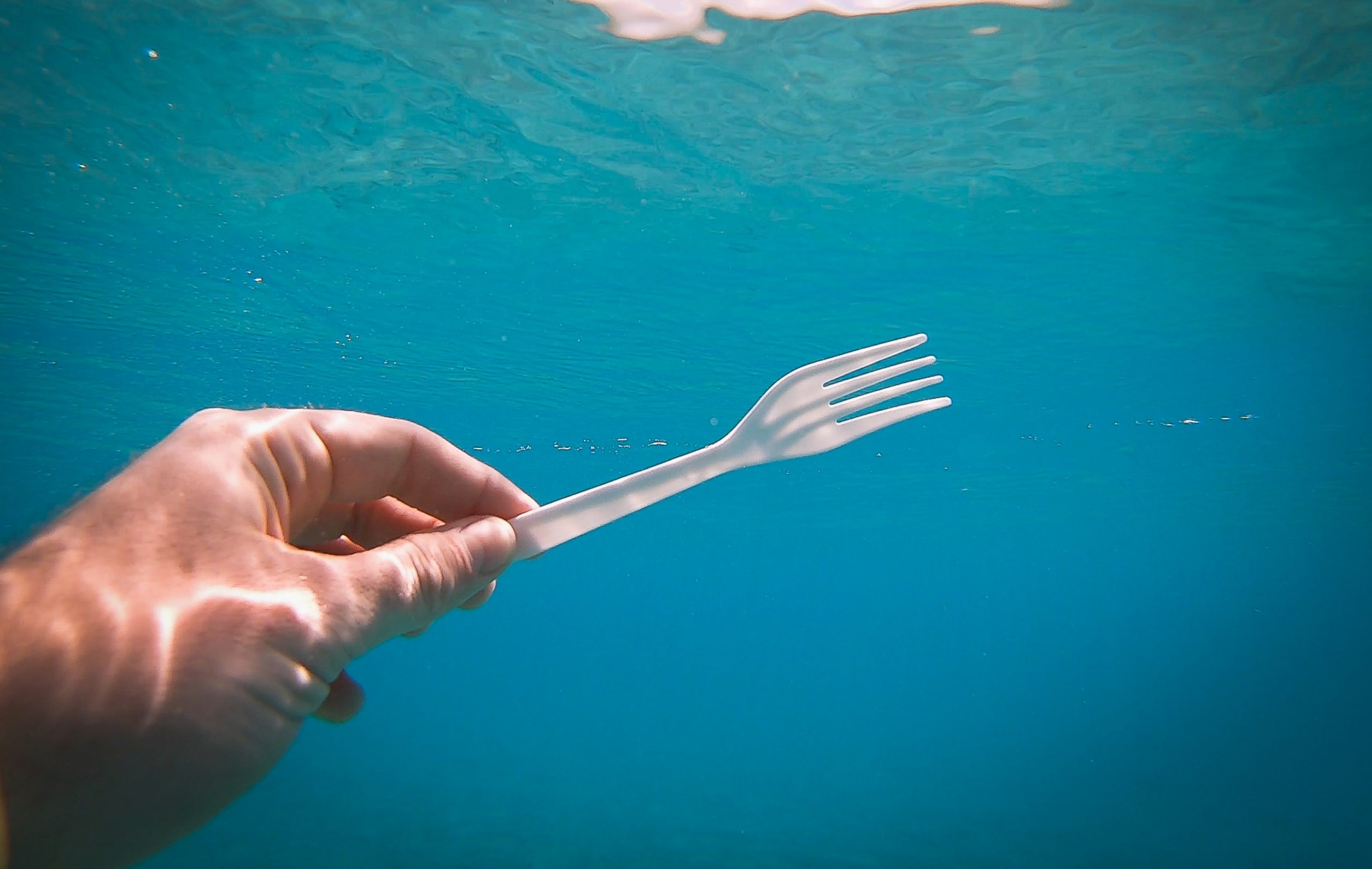
Citizen Science Informs Government ban of Single-Use Plastics
In 2020, oceans and freshwaters across Canada received great news. The federal government announced a ban on six types of single-use plastics, coming into effect in 2021. Part of the data used to inform this decision came from litter data collected by the Great Canadian Shoreline Cleanup a conservation partnership of Ocean Wise and WWF-Canada.
For over two decades the Shoreline Cleanup has collected citizen science data from volunteers from coast, to coast, to coast, and the value of the work of Canadians has finally reached a momentous milestone.
Plastic checkout bags, straws, stir sticks, six-pack rings, cutlery, and food ware made from hard-to-recycle plastics are the six items included in the ban. The majority of these items can also be found in Canada’s Dirty Dozen, the Shoreline Cleanup’s annual tally of the top 12 items found on shorelines. Used only once and then discarded, single-use plastics can have a harmful impact on wildlife and ecosystems when they enter our waterways. From entanglement to ingestion, plastic can also break up into tiny pieces, eventually becoming microplastics, which are more difficult to recover on the shoreline and in the water.
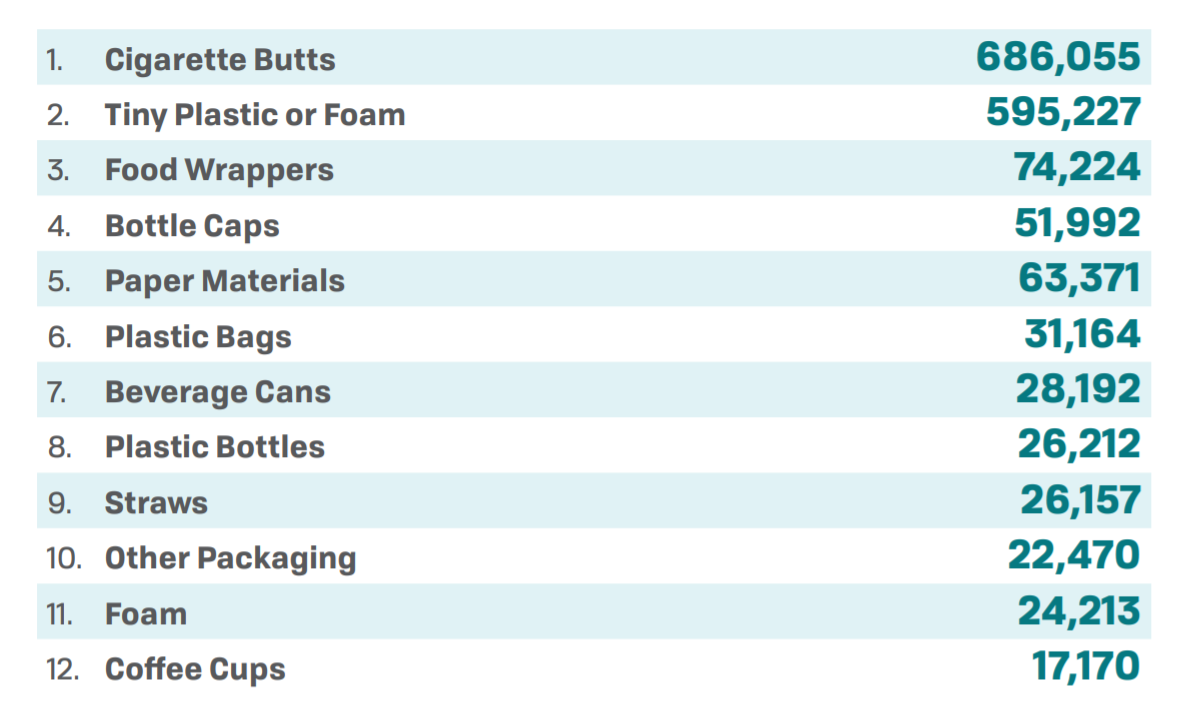
The Great Canadian Shoreline Cleanup is one of Canada’s largest direct action conservation programs. Led by a small but mighty team, the success of the program is attributed to the dedication of volunteers who lead and join cleanups across our vast country. Each cleanup collects data on the types and amounts of litter items found on shorelines using the Shoreline Cleanup’s litter data card. This data makes up an impressive database that holds over a decade and a half of shoreline cleanup data for over five thousand cleanup sites, both freshwater and ocean.
The nationwide data was shared with the Government of Canada towards their Science Assessment of Plastic Pollution. This important document played a key role in informing the federal government’s decision to ban harmful single-use plastics to protect wildlife and Canada’s waterways.
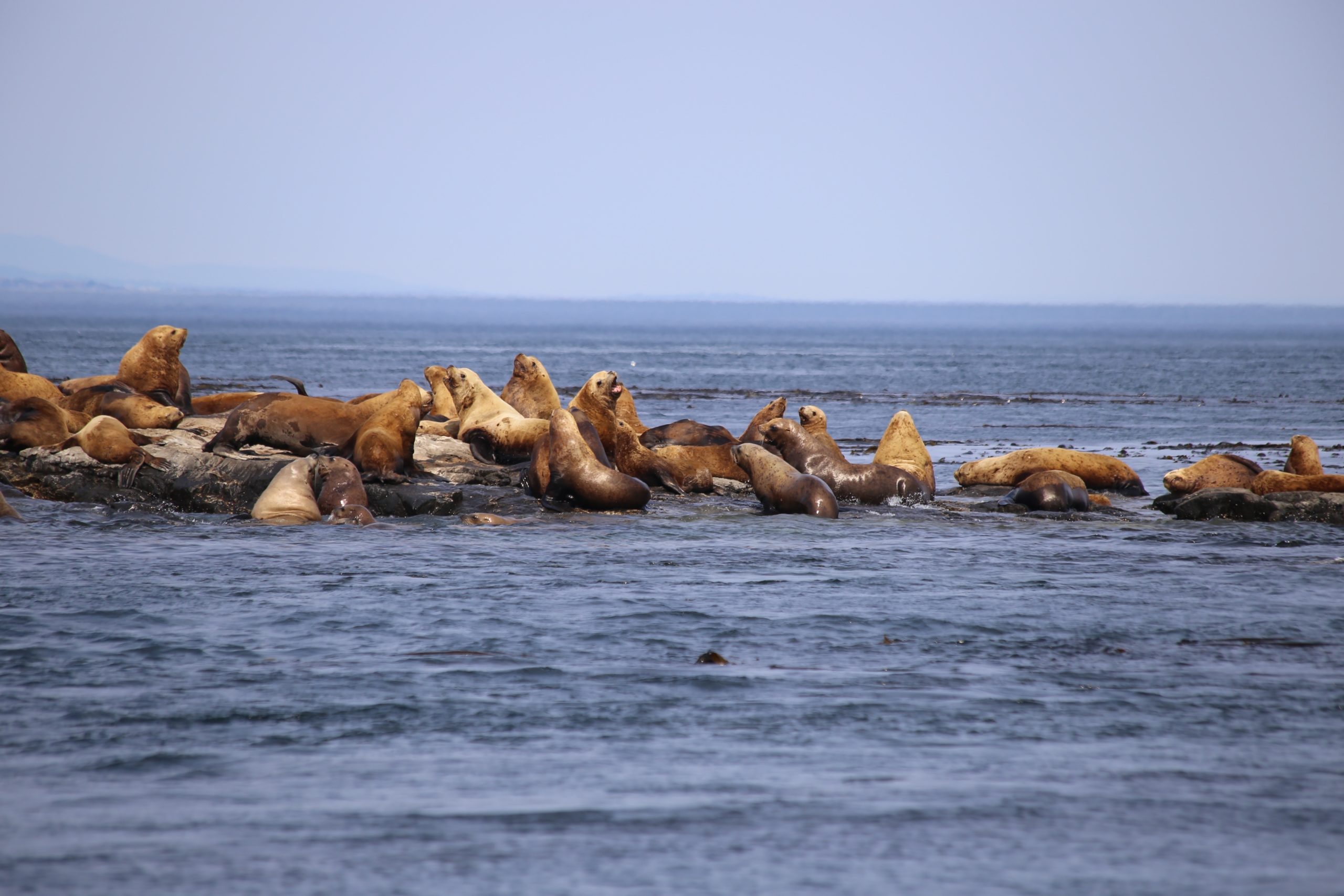
Litter data is important. The Shoreline Cleanup’s litter database has been used by municipalities, like the City of Vancouver and City of Toronto, to help inform municipal plastic reduction strategies, as well as by the Province of British Columbia. We also share this data with researchers, students, and media to continue to raise awareness on the health of Canada’s waterways.
The announcement of nationwide action to ban single-use plastics that are known culprits of plastic pollution is good news for Canada’s shorelines. This is a steppingstone to further solutions to help our oceans and freshwaters by turning off the tap to plastic pollution.
You can contribute to turning litter data iton action by doing a shoreline cleanup. Join the hundreds of thousands of volunteers that are already part of #TeamShoreline. Register and submit your litter data toward the nationwide database and help inform future solutions for healthier watersheds across Canada. Get started by visiting: www.shorelinecleanup.ca.
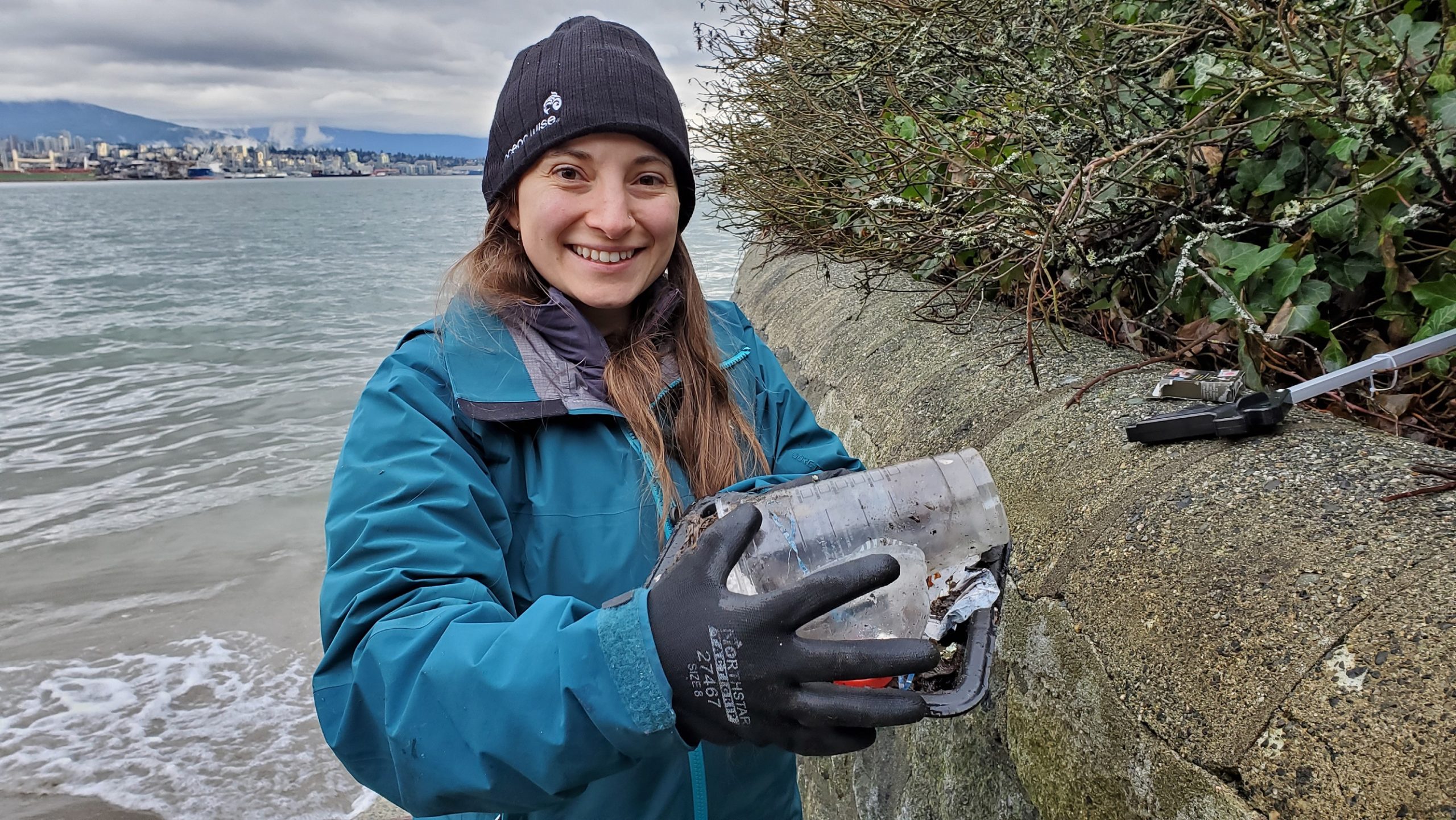
The Great Canadian Shoreline Cleanup, presented by Loblaw Companies Limited and Coca-Cola Canada, and supported by O’Neill Canada, is one of the largest direct-action conservation programs in Canada. A conservation partnership of Ocean Wise and WWF-Canada, the Shoreline Cleanup aims to promote understanding of shoreline litter issues by engaging Canadians to rehabilitate shoreline areas through cleanups. www.ShorelineCleanup.ca
Posted November 11, 2020 by Great Canadian Shoreline Cleanup
